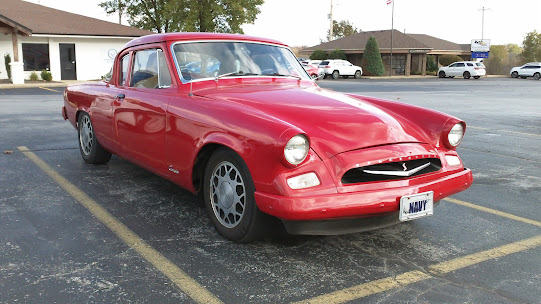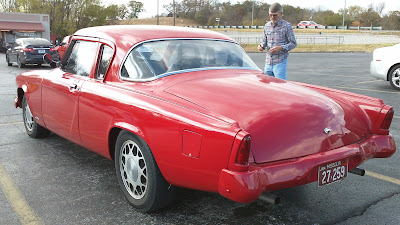Studebaker: A Journey from Wagons to Automobiles
Founding and Early Success:
Founded in 1852 by the Studebaker brothers in South Bend, Indiana, Studebaker began as a manufacturer of wagons, buggies, and carriages. The company quickly became the largest producer of horse-drawn vehicles in the world. By the time the United States celebrated its centennial, Studebaker was a household name.
Transition to Automobiles:
In 1902, Studebaker entered the automobile market with an electric car designed by Thomas Alva Edison. The company continued to innovate, producing its first gasoline-powered car in 1904. Studebaker's vehicles were known for their quality and reliability, earning a strong reputation among consumers.
The Great Depression and World War II:
Despite the economic challenges of the Great Depression, Studebaker managed to survive by producing models like the Dictator, Commander, and President. During World War II, the company shifted its focus to military contracts, manufacturing trucks and aircraft engines for B-17 bombers.
Post-War Prosperity:
The post-war era saw Studebaker's most prosperous period. The company introduced innovative designs, such as the Starlight Coupé and the Avanti, which became iconic in the automotive world. The 1950s were marked by the success of models like the Commander Regal Starliner Coupe, designed by the renowned Raymond Loewy.
Decline and Bankruptcy:
Despite its earlier successes, Studebaker faced increasing competition from larger automakers like GM, Chrysler, and Ford. The company struggled to maintain its market share and profitability. In 1966, Studebaker ceased automobile production and eventually went bankrupt. The last car produced by Studebaker was the Avanti, which remains a symbol of the company's innovative spirit.
Legacy:
Today, Studebaker is remembered for its contributions to the automotive industry and its role in American history. The Studebaker National Museum in South Bend preserves the company's legacy, showcasing its vehicles and artifacts for future generations to appreciate.


















No comments:
Post a Comment